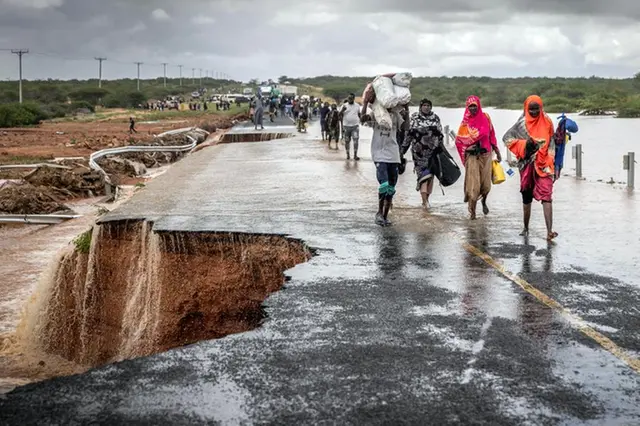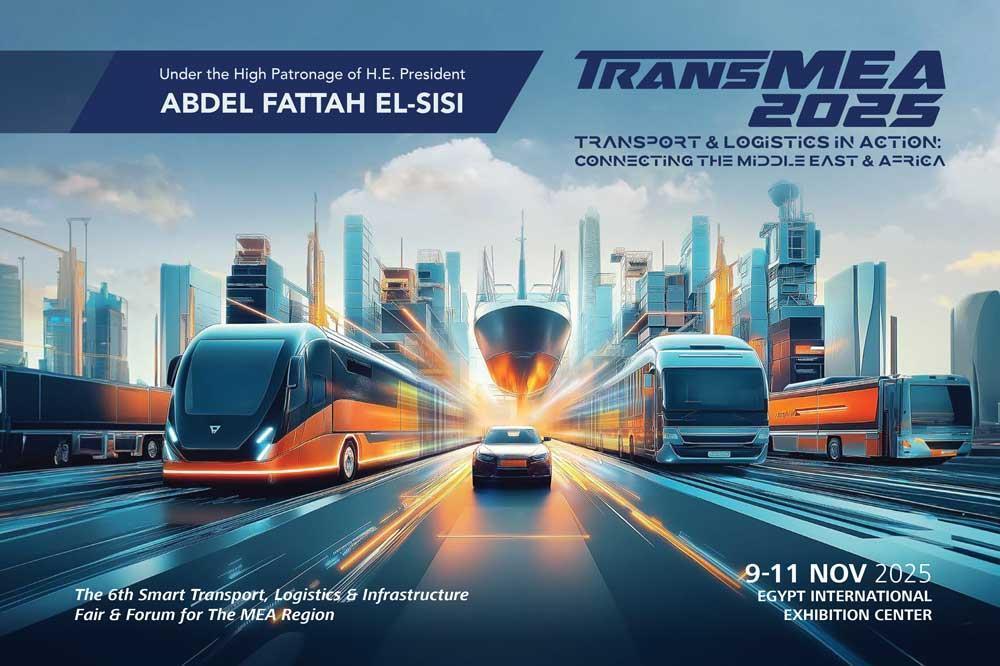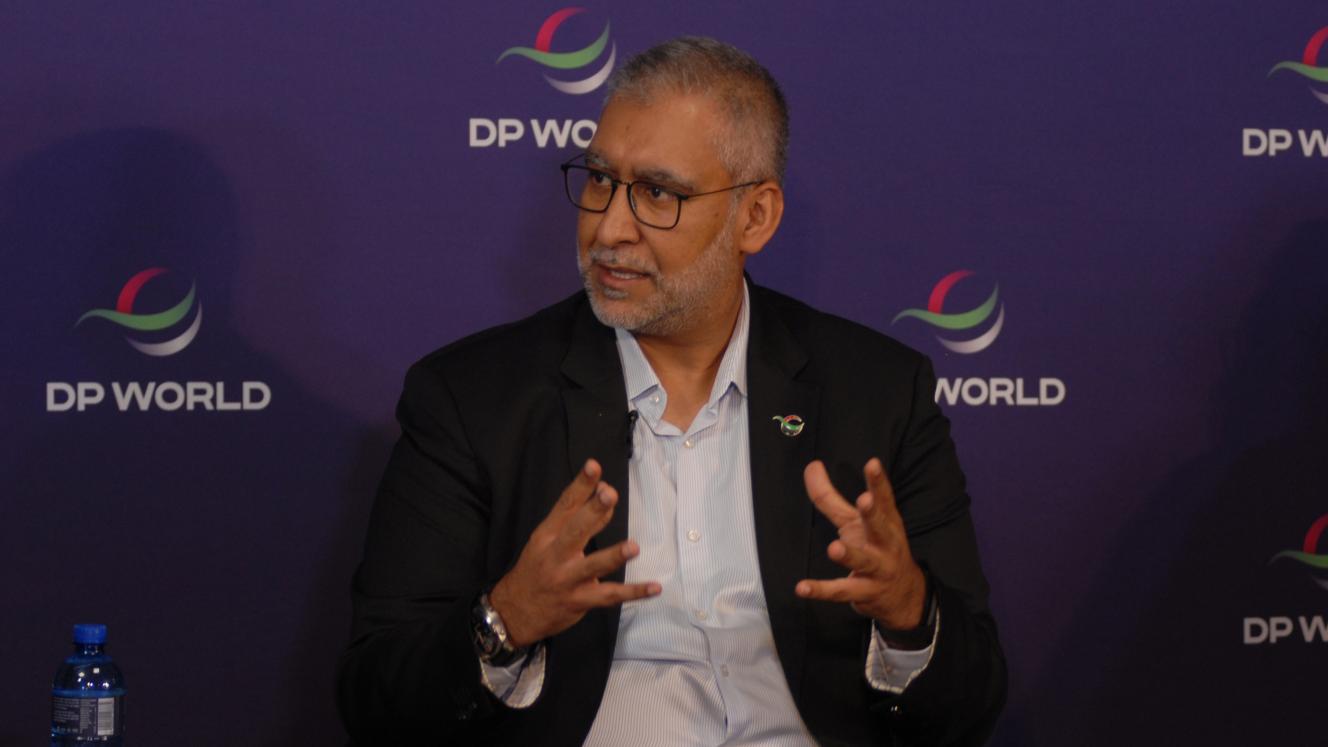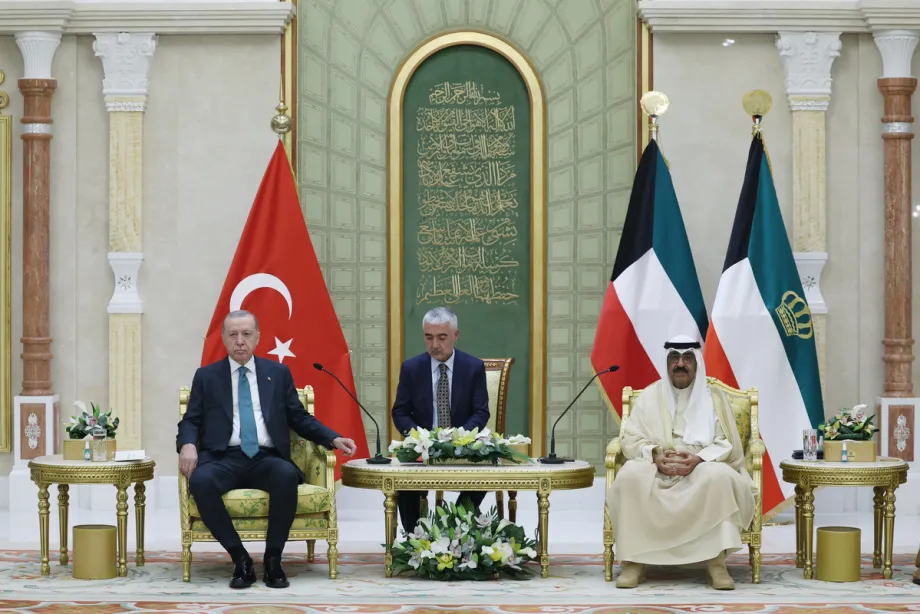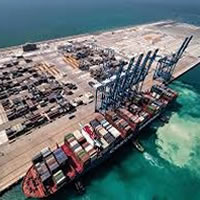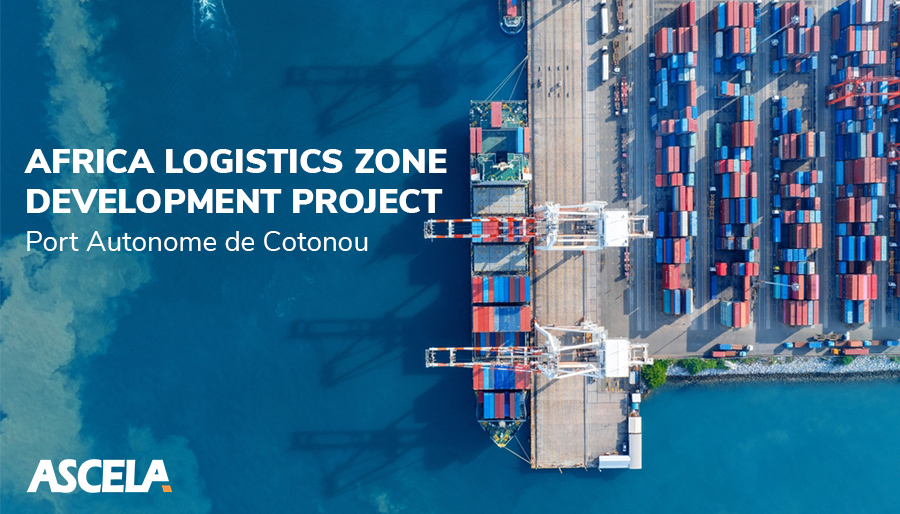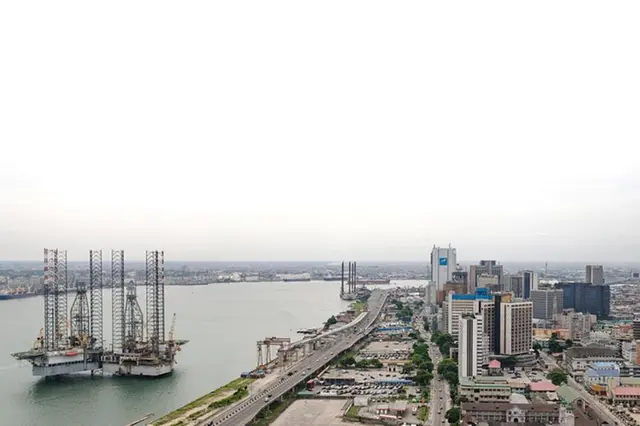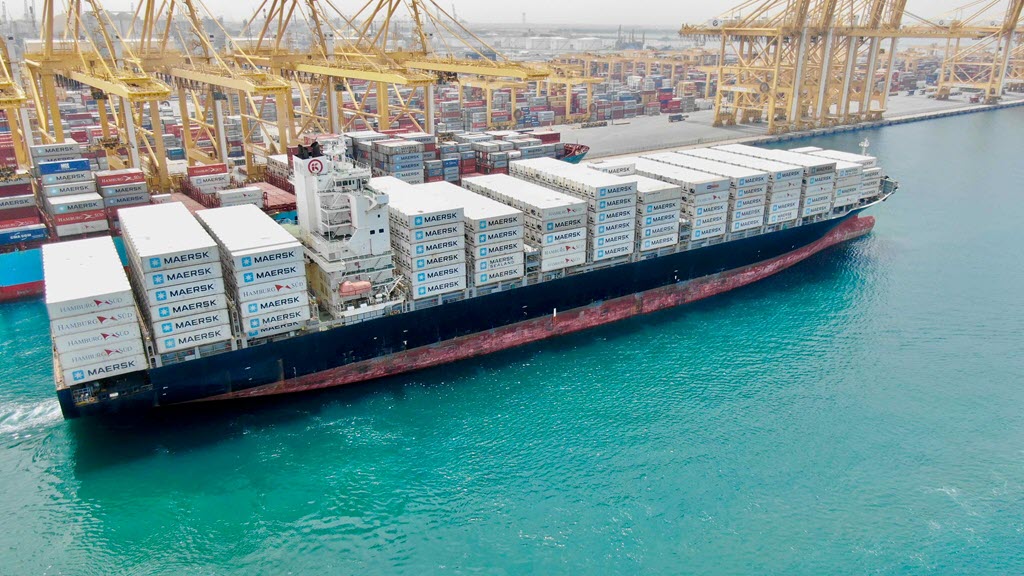While geographically separated from the Horn of Africa by 3,000 kilometers of sea, Oman has historically viewed the ocean as a conduit for connection rather than a barrier. As landlocked nations in the Horn of Africa seek guaranteed sea access, Omani officials advise that such goals can be pursued through cooperation rather than aggression.
Marking its National Day, Oman highlighted its longstanding open-arms policy toward the world. Shaikh Ahmed bin Hashi al-Maskari, an Omani diplomat, emphasized building strong ties and investing in mutual projects as the foundation for resolving differences. He suggested that countries should focus on positive collaboration, a message directed at Horn of Africa nations without naming them directly.
This philosophy is rooted in Oman's deep-seated maritime history. For centuries, Omani sailors established a vast trading empire, with territories in East Africa like Zanzibar and the Kenyan coast. This legacy endures through cultural and familial links between Oman and nations like Kenya and Tanzania.
In modern times, Oman has translated this historical connection into a foreign policy of "positive neutrality" and mediation. The country positions itself as a pragmatic broker, having facilitated dialogues between regional rivals like Iran and the Gulf Cooperation Council (GCC) nations. Officials describe this diplomatic mediation as Oman's "soft power."
Concurrently, Oman continues to pursue economic opportunities. Through entities like the Oman Investments Authority, the nation is making strategic investments globally, including in African partners like Tanzania, demonstrating a continued commitment to engaging with the world through both diplomacy and commerce.




